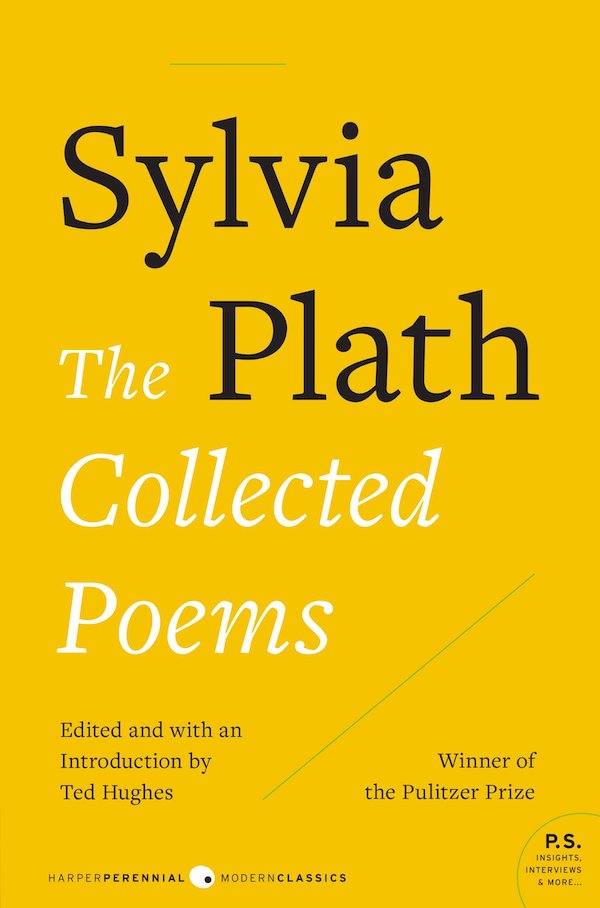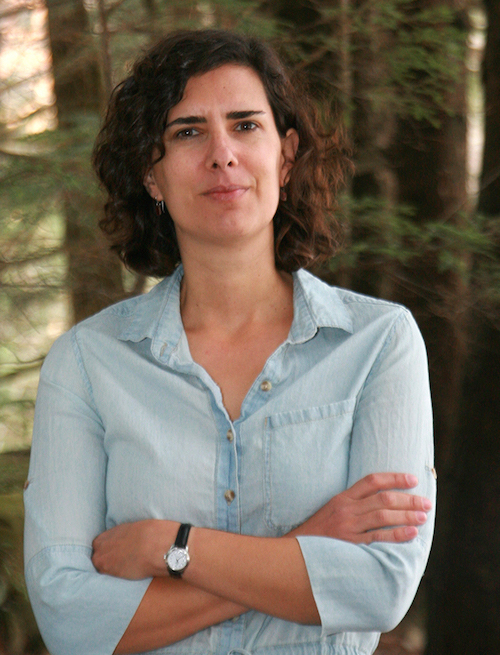In a literature course I took long ago, we read Sylvia Plath, Elizabeth Bishop, Marianne Moore, and Louise Bogan, and were told to pick one of these poets to write about analytically. I picked Plath. Not picking her would’ve been like looking away from a gleaming ice sculpture in the lobby of a hotel, a rearing, intricate vision; I simply didn’t have the wherewithal to do so. I remember thinking that my classmates who had chosen differently were smarter than I, more subtle-minded. In choosing Plath, I felt, I had given myself up as the sort who’d be drawn to her anguish and overtness, the myth of her suicide: I was vaguely ashamed of myself.
Yet here I am, writing about her again. It’s not the poems she’s known for that interest me now. It’s a poem that dwells in the external that I want to consider. In “Blackberrying,” the speaker picks blackberries in an “alley” of bushes, passes between two hills, and encounters the sea. The speaker moves from an abundance of berries where the feasting flies “believe in heaven,” through waves of wind, and to an “orange rock/ that looks out on nothing,” which seems depressingly conclusive, even condemnatory, until Plath ends, “nothing but a great space/ of white and pewter lights, and a din like silversmiths/ beating and beating at an intractable metal,” and I’m filled with a weird hopefulness.
It’s the description that’s so fine here, how the description of the physical world makes of the poem’s speaker an avid seer, even in these last lines when “nothing” becomes “white and pewter lights” and a “din” of sound. Nothing is ever nothing—description gives nothing shape. The seeing gains power, even as the one doing the seeing recedes. The bounty of what’s come before, the berries and their juices and the milkbottle the speaker uses to collect them, which brings to mind the body and domesticity, lifts at the end into the elemental, something seemingly less comforting but, to me, more so.
“I do not think the sea will appear at all,” the speaker says in the second stanza, and indeed it doesn’t in a blue, lapping way, but its presence does. The speaker, who’s been alone, is brought into contact with “a great space,” a larger aloneness that refuses to be quiet.
I’m struck by the fact that in “Blackberrying,” Plath isn’t writing about her father or mother or children or husband or husband’s lover, but rather a changing landscape that the speaker moves through. Is it a poem of freedom? Of escape? Of anonymity? Of meeting?
The poem’s descriptions contain this incredible possibility, one of the best gifts of any poem or story or novel, that its world, though comprehended, remains somehow still not entirely known.




